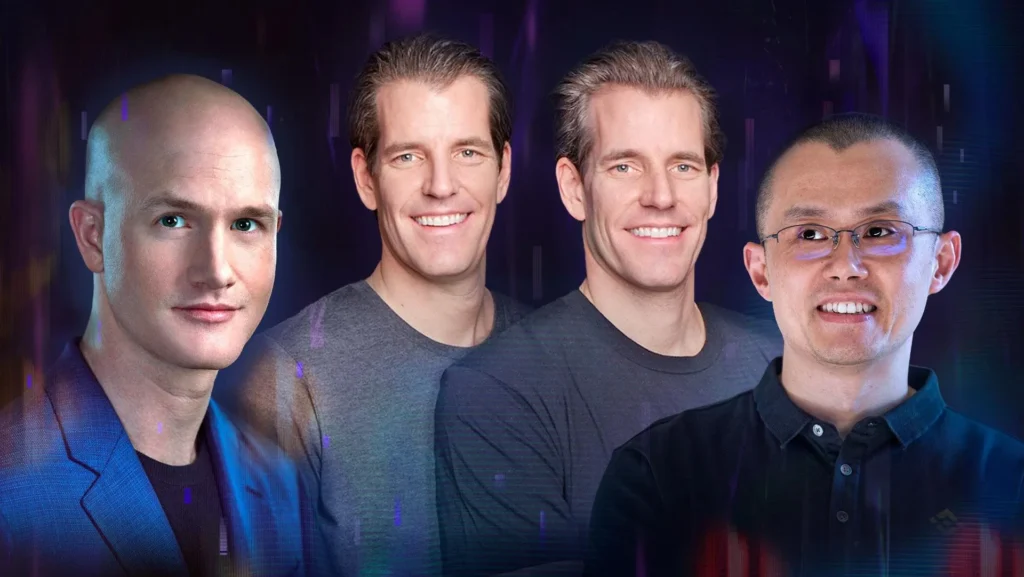According to The New York Times, around a dozen close allies of Elon Musk have set aside their daily responsibilities to act as informal advisers to Donald Trump’s transition team as preparations for the incoming administration gather momentum. These individuals, many of whom are prominent figures in business and technology, have reportedly been deeply involved in vetting and interviewing candidates for key government positions.
Key Players in the Transition Effort
Among those lending their expertise is Jared Birchall, the head of Musk’s family office, who has been interviewing candidates for roles at the State Department. Birchall, a longtime confidant of Musk, has been instrumental in managing Musk’s personal and professional affairs and now appears to be leveraging his organizational skills to aid the transition effort.
Venture capitalist Marc Andreessen, co-founder of Andreessen Horowitz, has also joined the effort, reportedly engaging with candidates for senior positions across multiple departments, including the State Department, the Pentagon, and the Department of Health and Human Services. Andreessen’s involvement underscores the Trump team’s interest in incorporating voices from Silicon Valley into the federal government.
Meanwhile, Shaun Maguire, a partner at Sequoia Capital and an expert in defense and cybersecurity investments, has been focused on reviewing potential appointees for intelligence-related roles. Maguire’s background in these sectors likely makes him a valuable resource for identifying talent within the national security apparatus.
Two other notable contributors are Trae Stephens, co-founder of defense technology firm Anduril, and Shyam Sankar, the chief technology officer of data analytics giant Palantir. Both have reportedly discussed potential Pentagon roles with Trump transition officials. Their companies’ deep connections to defense and government technology initiatives suggest they bring substantial experience and networks to the table.
Additionally, entrepreneurs Mark Pincus, the founder of Zynga, and David Marcus, a former PayPal executive and crypto innovator, have also been tapped to assist in the interview process for “prospective Trump personnel.” Their presence reflects a broad spectrum of expertise being drawn from the technology and startup ecosystem.
The Musk Family Connection
Adding a personal dimension to this effort is Musk’s own mother, Maye Musk, who has reportedly attended some of these meetings. In a recent interview, Maye mentioned that she enjoys sitting in on discussions with her son. While her exact role in the transition process remains unclear, her involvement highlights the close-knit nature of Musk’s advisory network.
Significance of the Collaboration
The participation of Musk’s allies signals a convergence of tech leadership and political decision-making at a pivotal moment. By involving figures from Silicon Valley, the Trump transition team appears to be prioritizing innovation, technological expertise, and entrepreneurial thinking in shaping its agenda. However, this collaboration also raises questions about the influence of private sector elites on government appointments and policy direction.
While the exact scope of these informal advisers’ influence remains uncertain, their participation suggests that the incoming administration may lean heavily on private sector expertise to navigate complex challenges in defense, intelligence, health care, and technology. Whether this partnership will yield effective governance or draw criticism for prioritizing corporate interests over public accountability remains to be seen.
The involvement of such high-profile figures and Musk’s inner circle in the transition underscores the increasing intersection of business, technology, and politics in shaping the future of governance. As the Trump administration takes shape, the role of Musk’s network will likely continue to attract scrutiny and debate.
